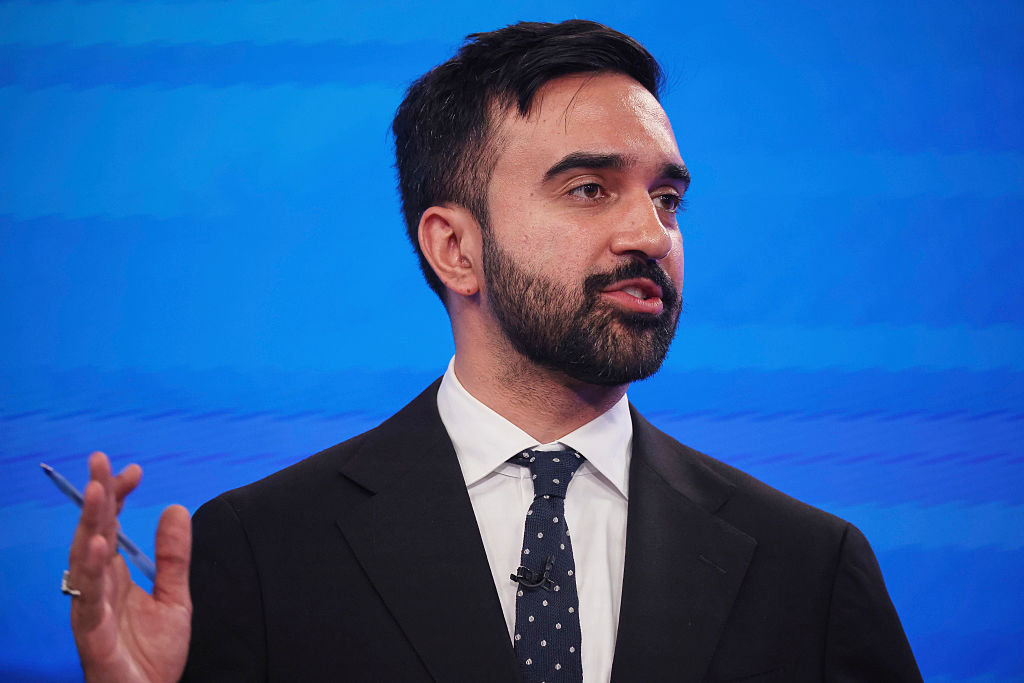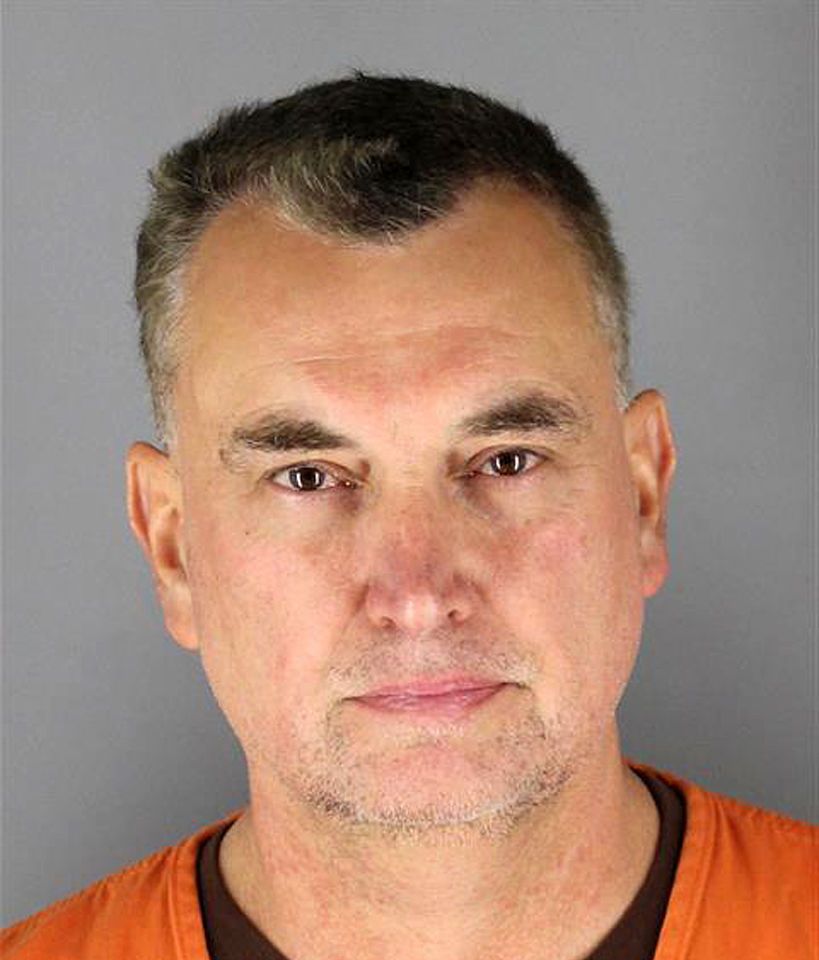'When They See Us' Gives Central Park 5 Humanity Denied 30 Years Ago
‘When They See Us’ Gives The Central Park 5 The Humanity They Were Denied 30 Years Ago
Raymond Santana, Kevin Richardson, Antron McCray, Yusef Salaam and Korey Wise have been given many names besides their own since they were arrested and wrongfully convicted of crimes related to the sexual assault of a white woman, Trisha Meili, in Central Park one night in April of 1989.
Former New York Mayor Ed Koch called the boys, aged 14 to 16 at the time, monsters. Donald Trump called them murderers and infamously took out full-page ads in several New York newspapers, including the New York Times, uncoincidentally demanding that the death penalty be immediately reinstated. Mainstream media outlets called them a wolf pack. And the state of New York, years later, would call them innocent. They’ve since become widely known as the Central Park Five.
But even as their case became a symbol of the tough on crime era’s excesses, their sentences evidence of the failure of mass incarceration and the substance of the trial a case study in criminology courses on the revolution of DNA testing, the five boys who became men who had their lives nearly ruined by a racist system have rarely been addressed as what they first and foremost were and are: human beings.
That’s why Ava Duvernay’s painful, haunting and necessary new miniseries “When They See Us” is, taken together in full, a work of love: she gives these five men the humanity they’ve been denied since the moment police first put them in handcuffs 30 years ago.
Rather than the Five being proxies for a review of America’s race relations at the time, Duvernay grounds us in the granular intimacy of their horror stories.
In the first episode, as the NYPD conducts their 40-plus hour interrogation of the teenage boys, bending the reality of what happened to their will, the camera is fixed on the young actors’ faces as their voices crack and they weep while trying to plead their innocence. When Kevin Richardson, eye swollen from being struck by a police officer days earlier, screams and begs his sister to sign his coerced confession just so he can get out of the interrogation — “I don’t wanna stay here anymore!” — the dramatic irony of knowing she’s effectively signed him into prison is a slow twist of a knife.
When teenage Antron gently puts his hand on his lawyer’s shoulder and says “you tried your best,” we see a boy’s lost innocence, his coming to terms with being locked away for nearly as long as he’s been alive. When Yusef’s mother screams in agony at her son’s guilty verdict — through no fault of his own having the promise of his future shattered.
Underneath and behind the news debates over — and street marches for — the Central Park Five’s freedom, were these everyday families trying to find a ballast amid the constant whiplash of police, legalese, intruding cameras and racism that was deeply personal from strangers they couldn’t even know. And yet, in “When They See Us” the familial bonds and love never wilts.
When Raymond gently lays his head on his grandmother’s lap after he’s released from the interrogation, we’re reminded he is just a boy. When Kevin’s family visits him in his detention center and they laugh at his sister’s failed dating life, we see smiles despite a space that detests joy.
While the first half of the series, as you’d expect, revolves around the boys’ arrests and the trial itself, the final two episodes revolve around the men’s halting attempts to rejoin civilian life after the trauma of incarceration. For some of the Five, as with millions of others, this less visible, second-order phase of the incarceral state was just as devastating, in some ways, as the pain of living in a cage.
When we see Raymond having to register as a sex offender for a crime he didn’t commit after he gets out of jail, your diaphragm tightens, feeling his mix of mortification and frustration as your own. Duvernay so thoroughly transforms the men from objects into protagonists that when Raymond’s failed attempts at re-entering the workforce with a felony record leads him back to jail, a large part of you finds it hard to blame him.
We see desperation washing over Yusef’s face and his eyes widen as he realizes his dream of being an educator is going to be deferred — his felony status renders him unable to obtain a teaching certification. And we see the tragic story of Korey Wise, the young man who was tried as an adult because he was 16 when he was arrested. His story, which takes up an entire episode, is one of simply trying to survive as inmates and guards try to make an example out of a man they believed committed one of the most infamous crimes of the century.
By the end of the series, your body almost feels exhausted from the ride, but your mind is made up, more clearly on the side of the Central Park Five than any deep dive magazine feature could’ve brought you. Yes, in the end, the men were exonerated and reached million-dollar settlements. But the cleverly titled “When They See Us” made sure that viewers witness the ways the injustices they faced still nearly destroyed their lives, and robbed them of much of it.
The underlying fear, of course, for any black viewer is that what we are witnessing can happen to any of us. I am a black man who grew up in the 90s. I saw my younger self in the boys. I saw my son in the boys. I saw myself in the parents. I have hope even those who aren’t black see this too. That they recognize that there but for the color of their skin, that “there but for the grace of God, go I,” snatched away by boogeymen in badges on a random night in the park with friends.
In that way, there’s a beauty in the visceral terror, a universality. Through it, “When They See Us” has already gracefully inserted itself into the canon of films that show the vivid lives behind the statistics and stereotypes of people of color. It’s a film the recently passed John Singleton writer and director of 1991’s “Boyz In The Hood” would have loved to see.
Too often dead or incarcerated black and brown boys and girls become faceless fulcrums for national debates over race. Michael Brown becomes no angel. Trayvon Martin becomes a hoodie. Sandra Bland becomes a mugshot. The Central Park Five becomes a racist ad for the sake of Donald Trump’s self-aggrandizement.
“When They See Us,” prayerfully does more than advocate for Santana, Richardson, McCray, Salaam and Wise through art. Duvernay leaves us wanting to go back in time and save the five from the NYPD interrogation rooms. She takes us with them inside walls and bars in which they never belonged. In revealing, she committed the radical and all too uncommon act of loving them — arguably the best form of public justice they’ve received.
David Dennis, Jr. is a writer and adjunct professor of Journalism at Morehouse College. David’s writing has appeared in The Guardian, The Smoking Section, Uproxx, Playboy, The Atlantic, Complex.com and wherever people argue about things on the internet.
SEE ALSO:
















